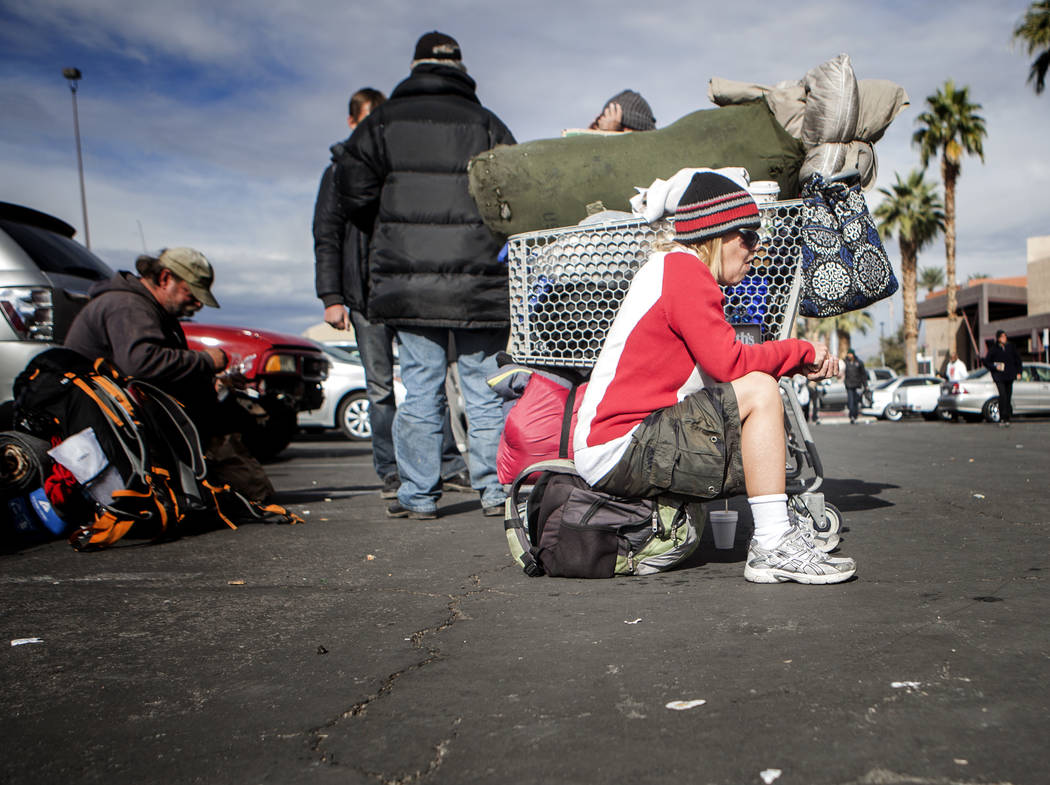EDITORIAL: Portland’s ‘right to shelter’ promise proves to be too expensive
Even hyper progressives in Portland, Oregon, haven’t figured out how to repeal the law of supply and demand.
In February 2016, Multnomah County, which includes Portland, promised to provide shelter to any homeless family who asked for help. According to the supply-and-demand graph, lowering the cost of something will increase demand for it. And that’s exactly what happened.
Consider the largest shelter in the area. When the program started, it provided beds for 150 people a night. By the next spring, it averaged 220 adults and children. That grew to 300 in August 2017 and peaked at almost 500 that fall. In 2014, the average stay was 23 days. By 2017, that had grown to 65.
The shelter quickly ran out of space, so Portland officials started paying for motel rooms. Less than two years later, it had spent $1.5 million more than its $2 million budget on the program. Multnomah officials have since rolled back its “right to shelter” promise and instituted a waiting list for families seeking a place to stay.
During the time it was overwhelmed by the number of people seeking assistance, the shelter cut back on maintenance and repairs, according to local news reports. The building has had problems with rodents, pigeons and its roof. In February 2018, the county evacuated the shelter because the roof was failing. County staff say they can’t keep up because they’re overwhelmed by the number of people seeking help.
So let’s tally the results of Multnomah County creating a “right to shelter”: the number of families seeking help tripled, the length of time they used assistance nearly tripled and, ultimately, the roof of the main shelter failed. Even for government, that’s an impressive fiasco.
It’s also a reminder of how ridiculous the idea of a “right” to shelter is. The government can’t provide shelter without forcing someone else to pay for it. That deprives them of some of their property — a right the government exists to protect.
Some are now urging government officials to rely less on shelters. “We can actually make the problem in our shelter system worse, rather than better, by over-investing in shelter,” Mark Jolin, director of the county and city’s Joint Office of Homeless Services, told the Seattle Times. “If I can keep someone in their housing, that is one less family that is in need of shelter.”
As Southern Nevada officials grapple with homelessness, they should keep in mind the lessons Portland learned the hard way. If you offer unlimited services, you’ll find too many people attracted to your services.




























